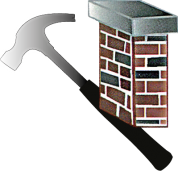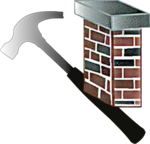You may have heard the terms « shareholders’ and ‘board of directors’ in movies and on television but you may not know what those roles actually entail for a business. Both roles have significant differences and a company must understand these roles to function effectively.
Shareholders collectively own companies. They elect a board to run their business. They also choose directors to oversee their investment interests. The board is legally obligation to govern for the shareholders and to help companies grow. Directors may also own shares of the company, but this isn’t a common practice.
The board of directors is responsible for establishing guidelines for the overall supervision and management of the company. They also meet regularly to discuss problems and resolve them. It is the duty of the board that it be composed of a variety of people who are independent, competent and highly qualified to oversee the operations of the company.
Directors are responsible for making decisions for the benefit of the long-term of the business, including hiring corporate officers and managers who oversee day-to-day tasks, and communicating the company culture to all employees. They also have the responsibility to ensure the financial health of the business by ensuring that its financials are sound and there aren’t any instances fraud.
Although a shareholder is not able to directly make or alter a decision taken by the board, they can vote in support or make objections to the decision being taken. They also have the power to remove directors from their positions in the company, provided they do it without violating their Shareholder Agreement or corporate bylaws.




